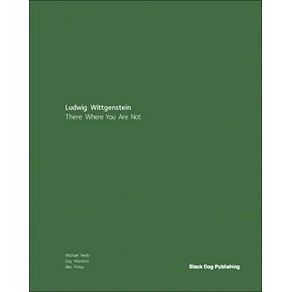Ludwig Wittgenstein grew up in an assimilated Jewish home, and was raised a Catholic. The last of eight children born to cultured, well-to-do parents, Wittgenstein, at 14, attended a school specializing in mathematics and the physical sciences, and then trained in mechanical engineering in Berlin before moving to England, where he would spend much of his adult life. He worked in aeronautics and became a researcher in engineering at the University of Manchester. After reading Bertrand Russell's "Principles of Mathematics", Wittgenstein decided to study logic and math at Trinity College, Cambridge, where Russell lectured. At the start of World War I, Wittgenstein returned to Austria to serve in the army. During this period, Wittgenstein wrote the manuscript that would become "Tractatus Logico-Philosophicus", the only work he published during his lifetime (1921). After the war, Wittgenstein taught primary school in an Austrian village for several years before returning to Cambridge, where he taught until 1947. At several points in his life, Wittgenstein rejected academic society and retreated to secluded spots in Norway and elsewhere. Wittgenstein remains a significant philosophical figure of the years between the World Wars, even though he viewed his work as "one of the heirs of the subject that used to be called philosophy." He died of cancer.



